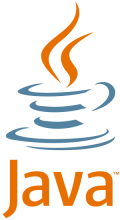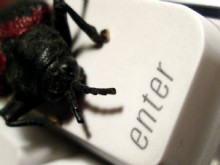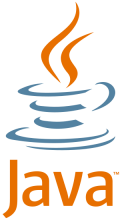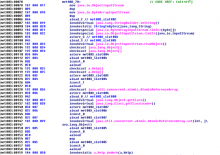Oracle releases Java SE 7 update 6, bringing first-class support to OS X
Oracle announced on Tuesday that it will start offering direct downloads and auto-updates to Java on OS X beginning with the release of Java Standard Edition 7 Update 6. Users can download the Java Runtime Environment (JRE) directly from Oracle's java.com website "soon," according to Oracle, and will receive auto-updates at the same time as Windows, Linux, and Solaris platforms.








































































